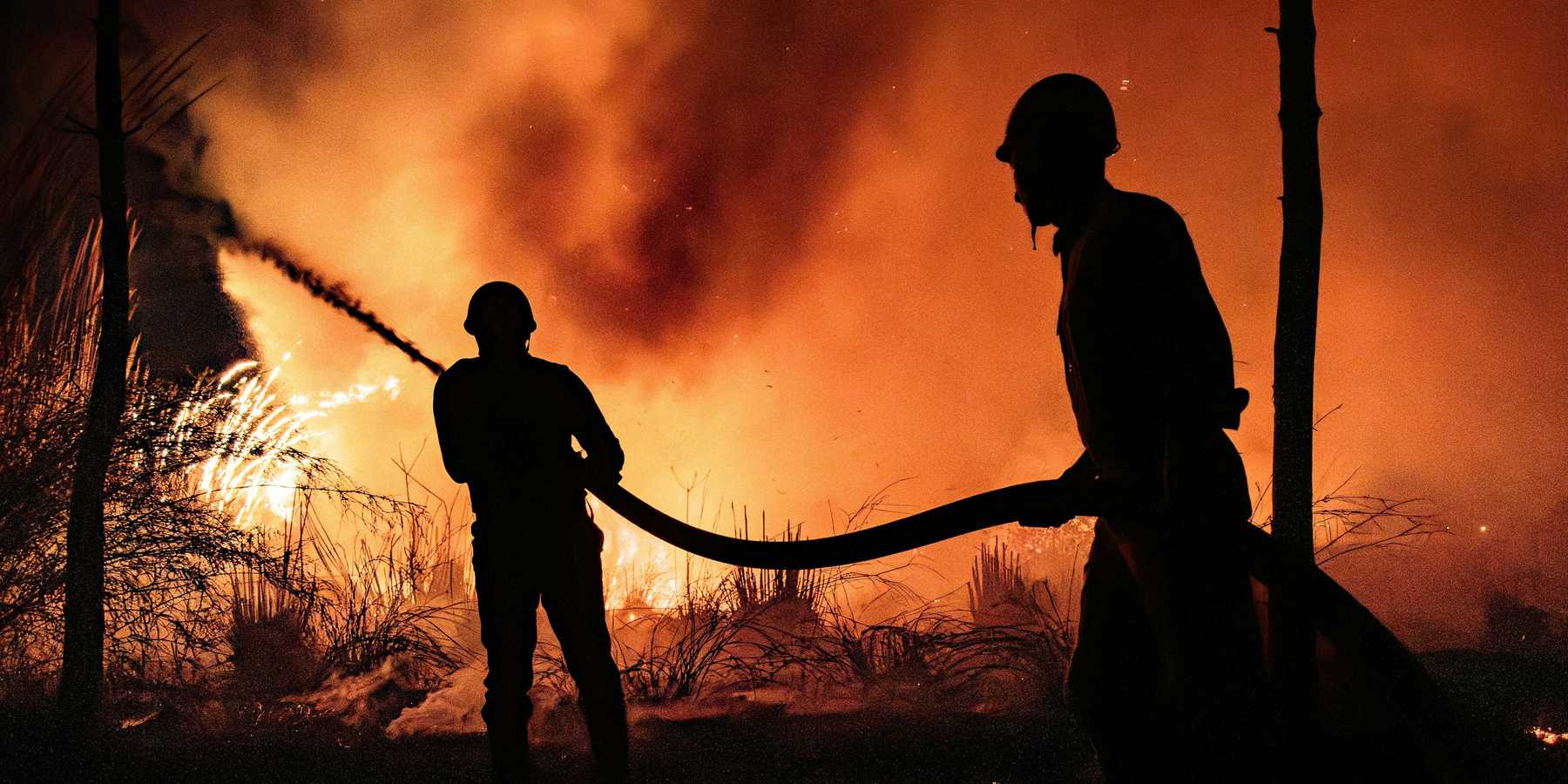Big Oil quietly walks back on climate pledges as global heat records tumble
The Guardian reporter Dharna Noor writes about energy firms that have made record profits by increasing production of oil and gas, far from their promises of rolling back emissions.
In a nutshell:
Despite the Earth experiencing one of its hottest weeks in history and scientists warning of escalating temperatures unless fossil fuels are phased out, leading energy companies are expanding fossil fuel production instead of pursuing alternatives. The actions of these companies indicate a motivation driven by record profits rather than addressing the pressing issue of global warming. While some oil majors initially pledged to decrease emissions and production, many have walked back on those commitments, sparking criticism that their climate plans were politically motivated and not genuinely aimed at combatting the climate crisis. Experts argue that without stricter regulation and a shift in reliance on fossil fuels, the industry will continue to hinder progress in achieving a sustainable and livable climate.
Key quote:
“The oil companies keep holding up the football,” said Timmons Roberts, professor of environment and sociology at Brown University. “Are we gonna ask them hold it again for us? I don’t think we should.”
The big picture:
As greenhouse gas emissions from fossil fuel combustion continue to rise, they contribute to the warming of our planet and the subsequent disruption of ecosystems. This results in a cascade of health risks, including extreme weather events, rising sea levels, air pollution, and the spread of infectious diseases. Vulnerable populations, particularly in low-income communities and developing countries, bear the brunt of these health impacts, with increased risks of respiratory illnesses, heat-related illnesses, malnutrition, and mental health disorders.
Read the article at The Guardian.
For more information on the health impacts of fossil fuel production, read Allison Guy's recent article.













